Photography Post Vol. 2
-
hello 2025!
supertalk is free to browse as a guest. You need to be a member to participate in discussions or buy and sell on the classifieds.
Classifieds listings are now free for members.
supertalk is now upgraded to //// supertalk 8 ////
______________________________________
Current new membership is $US 12 ONE TIME FEE. NO RENEWAL FEE.
______________________________________
You can also become a premium superseller or supermember. Businesses who want to promote their brand and products need to become a supersponsor. superfuture® is privately owned and has been online continuously for 26 years. supertalk has been online for 21 years and is a digital cockroach that will survive all current and future apocalypses.
-
Similar Content
-
- 1119 replies
- 143837 views
-
- 27 replies
- 9829 views
-
- 0 replies
- 3085 views
-
- 28 replies
- 8382 views
-
- 4 replies
- 2788 views
-
-
Top 10 Active Viewed Topics
-
- 24431 replies
- 6941881 views
-
- 26784 replies
- 6451488 views
-
- 24770 replies
- 4788709 views
-
- 23118 replies
- 3902386 views
-
- 14067 replies
- 3747559 views
-
- 10651 replies
- 3304212 views
-
- 21293 replies
- 3135770 views
-
- 13320 replies
- 2970850 views
-
- 11653 replies
- 2728760 views
-
- 8534 replies
- 2648145 views
-


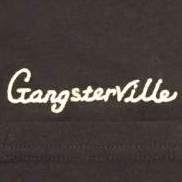
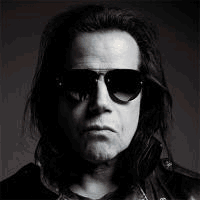

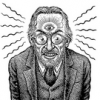


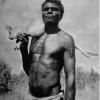
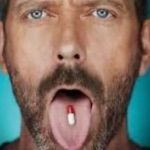
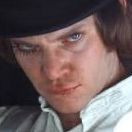

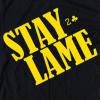
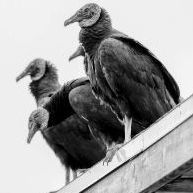
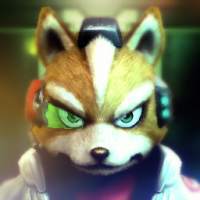

Recommended Posts
Join the conversation
You can post now and register later. If you have an account, sign in now to post with your account.